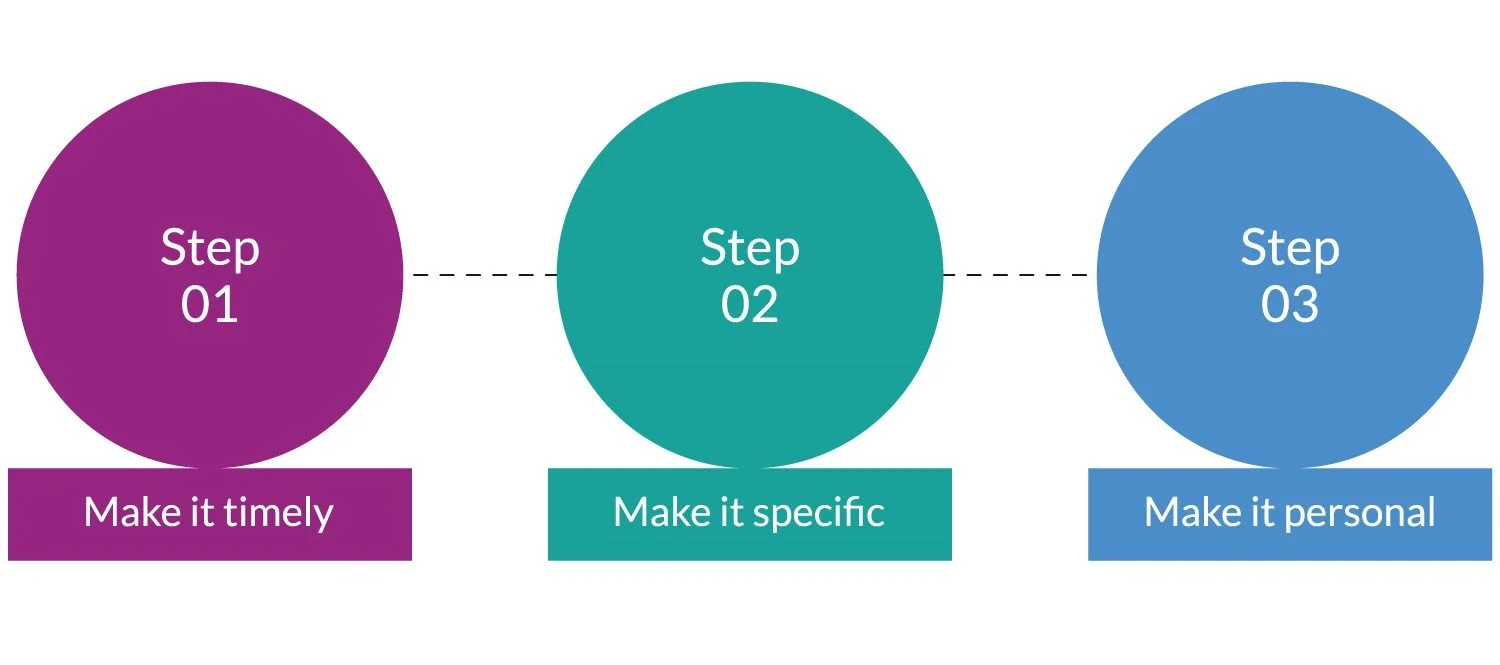The Power of Personalised Recognition
Every human needs to feel appreciated. While customer service professionals have told me many things, one thing I’ve never heard is, ‘We get too much recognition and appreciation. Our leaders just need to stop!’
In fact, what I hear more than anything is just how de-motivating the lack of recognition can be. According to Gallup’s research, ‘Lack of recognition is a significant reason why employees leave their jobs, and ‘the more talented the employee is, the faster they leave’.
Recognition, is a service leadership habit.
One of the most important parts of recognition is ensuring that it is personalised and tailored to the individual and how they like to be recognised. To make recognition meaningful, learn how each person in your team is uniquely motivated.
In a former role, I was the training manager in a contact centre, and one of the ways that the team was recognised for exemplary customer service was through tickets to the Australian Grand Prix. Two team members were the recipients of the award. Susie was a car enthusiast and Holden was her favourite team. She lived for car racing and often wore her Holden jacket to work. The other team member, Megumi, wasn’t fond of car racing. She had a young child and had zero interest in the Grand Prix. Yet they received the same recognition for the level of customer service they had achieved.
This illustrates how the same reward had significantly different meaning and impact for two very different people. To personalise recognition, you have to get to know your team. Know what makes each person tick. What is important to them? What are their preferences? Do they eat chocolate? Are they gluten-free? Are they parents or carers who would prefer an afternoon off so that they can go to their child’s school concert? A bottle of wine means nothing to somebody who doesn’t drink alcohol. A wrong gift can be worse than nothing at all!
“Appreciation can make a day, even change a life. Your willingness to put it into words is all that is necessary. ”
The more we get to know our teams, the more we can personalise their recognition. I call it my game of ‘secret squirrel’ to find out what people love and make recognition and gratitude meaningful. Pay attention to what each team member says when they share their likes, interests and preferences. Remember and make a note of it. It will make an enormous difference to your recognition efforts.
In addition, I am often asked whether recognition should be done in public or private. Once again, this comes down to knowing the person’s individual preferences. Some people in your team will prefer recognition to be directly delivered by you and shun the limelight. Other team members love public recognition and applause in front of an audience. Sharing what they’re doing in front of other people motivates them even further. This type of recognition can backfire if somebody doesn’t like public recognition.
I once worked with a team member who was an exceptional performer, delivered extraordinary customer service and had the best statistics in the team. As a result, they kept winning the team member of the month. The award was handed out in person, in front of everyone, and they hated it. The upshot was that it had the reverse impact, and they intentionally started underperforming, so they didn’t have to be recognised publicly. Our genuine efforts can be undone if we don’t know our team members and what they prefer.
Ultimately, make sure that recognition is genuine, sincere and from the heart.

